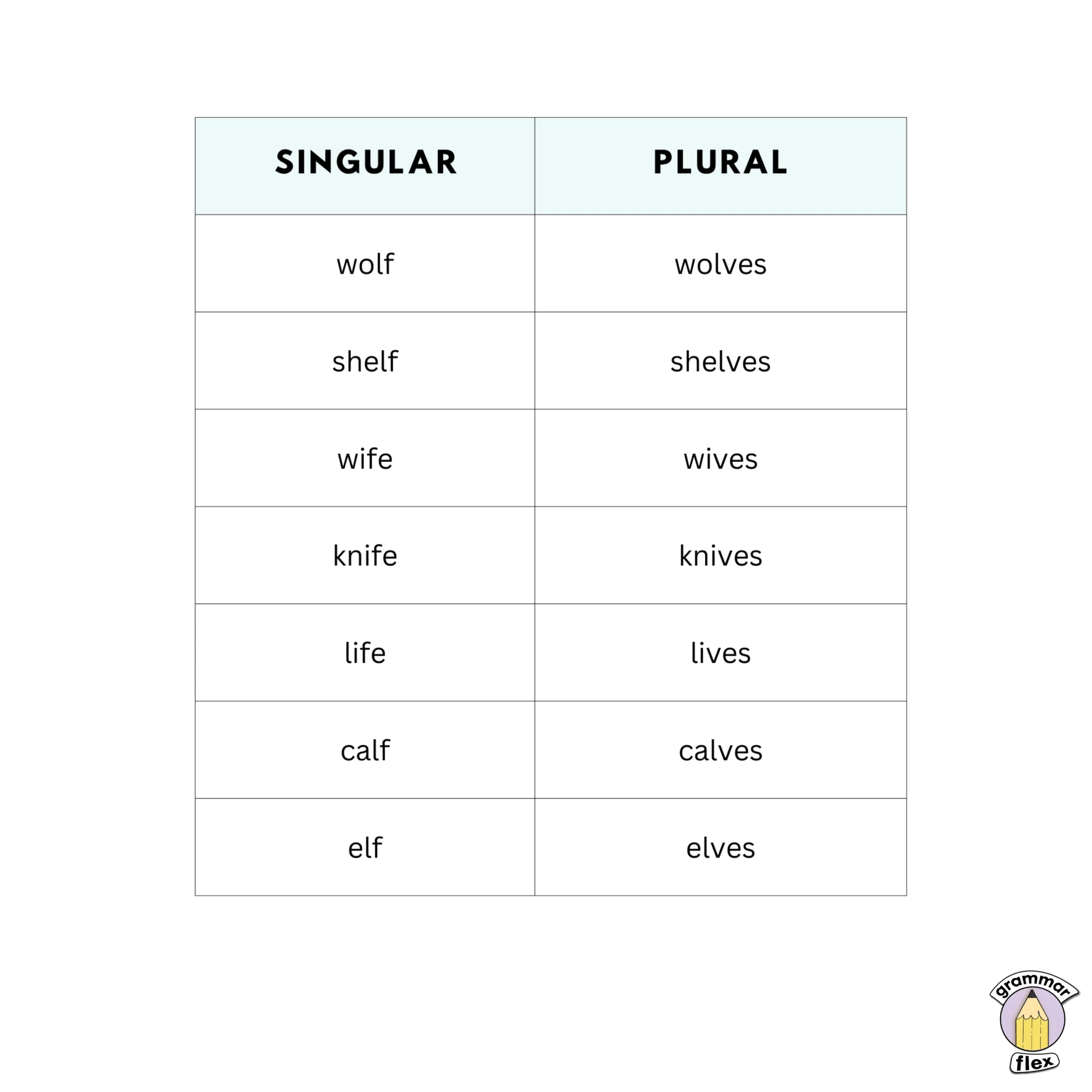Is “thief” singular or plural?
Thief is singular. Thieves is the plural of thief. To understand why does the singular noun, thief, modifies to thieves as a plural noun, keep reading.
The thieves escaped before the police arrived.
We’re as thick as thieves.
The two thiefs escaped before the police arrived.
Some thief steal small things.
What’s the definition of thief?
The online dictionary defines a thief as “a person who steals, especially secretly or without open force; one guilty of theft or larceny.”
What’s the plural of thieves?
The plural of thief (thieves), is irregular. Though it ends in the regular –es as a plural noun, it does so by replacing its ending in the singular case. Nouns normally add on the -es/-s to showcase plurality: books, phones, dogs and cats all add an s to demonstrate more than one of something. It’s an easy and straightforward way to form a plural noun: just add an s to the singular noun.
This does not work with words such as thief, wolf, shelf, knife, (the list goes on.) It could have something to do with the fact that each of these words came to Modern English from the Germanic languages, or PIE (Proto-Indo-European languages.) The same rule that applies with these other Germanic derived nouns, (wolf, knife, wife, life, etc.) each ends in –ves as a plural noun, replacing the the sibilant -f/-fe in the singular case. See the chart below.
Nouns that end in -f/-fe and –ves

Practice using the verb in different tenses with example sentences to memorize the correct forms.
Origin of the word thief/thieves
From etymonline on thief:
Old English þeof “thief, robber,” from Proto-Germanic *theuba- (source also of Old Frisian thiaf, Old Saxon thiof, Middle Dutch and Dutch dief, Old High German diob, German dieb, Old Norse þiofr, Gothic þiufs).
Examples of “thief” used in context
The following sentences show the correct use of the word thief in context:
1. A petty thief is someone who has a record of small thefts
2. There is no shortage of ways to be a thief, and many of them have a specific name.
3. A pickpocket is a thief who steals things, such as wallets or watches, directly from people’s pockets or from their body.
4. A burglar is a thief who breaks into or otherwise unlawfully enters a home or business to steal valuables.
5. Set a thief to catch a thief. (Sunday Times, 2014)
Examples of the word “thieves” in sentences
The following sentences show the correct use of the word thieves in context:
1. We hang the petty thieves and appoint the great ones to public office. (Aesop)
2. Before they cleaned themselves up, they were thieves, thugs, and junkies.
3. Some thieves steal small things.
4. Some thieves steal valuable items.
5. Art thieves, jewel thieves, and car thieves are common characters in pop culture.
Synonyms for the word thief/thieves
- burglar
- pickpocket
- highwayman
- swindler
- criminal
- crook
- mugger
- robber
- bandit
- shoplifter
- embezzler
- pilferer
- larcener
Phrases that include the word thief/thieves
- A thief in the night
- Thick as thieves
- To be a thief of your own wallet
What’s the difference between they’re, their, and there?
Worksheet
According to the post, what is the correct plural form of the noun “thief”?
How does the post describe the pluralization of words like “thief”, “wolf”, and “knife”?
Which of the following words mentioned in the post forms its plural the same way as “thief”?
The post states that nouns like “books”, “phones”, and “dogs” typically form their plural by:
According to the post, is the plural of “thief” considered regular or irregular?
A burglar is a who breaks into or otherwise unlawfully enters a home or business to steal valuables.
Some steal small things, while others steal valuable items.
The forest was said to be home to packs of wild .
She displayed her collection of ornate on the wall.
Many nouns ending in -f or -fe form their plural by changing the ending to .
Frequently Asked Questions
What’s the plural of “thief”?
+
Is the word thief singular or plural?
+
Why is thief plural “thieves”?
+
Other words like thief use -ves?
+
How is “thief” used in a sentence?
+
Yash, D. "What’s the Plural of Thief?." Grammarflex, Jun 7, 2025, https://www.grammarflex.com/whats-the-plural-of-thief/.
Sources
-
Definition of thief.











